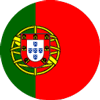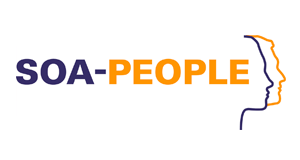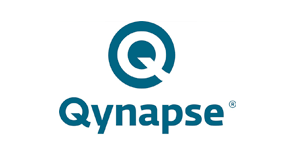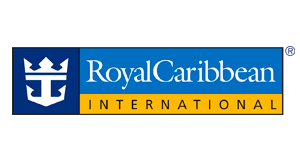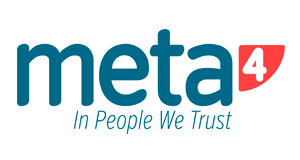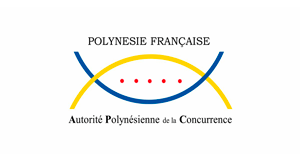Learning Portuguese
Before you start learning Portuguese, it’s important to understand that it requires patience, practice and perseverance. To learn Portuguese quickly, it’s essential to choose the method that best suits your learning style. Whether you want to learn Portuguese to travel, for professional reasons or simply for personal interest, there are options to suit everyone.
How to learn Portuguese quickly
If you want to learn Portuguese quickly, it’s advisable to start by familiarising yourself with the basics of the language. This will enable you to learn basic sentence structure, grammar and essential Portuguese vocabulary. For effective progress, opting for online Portuguese lessons can be a great option, as it allows you to work at your own pace and practise pronunciation.
Portuguese for beginners
If you are starting to learn Portuguese as a beginner, it is useful to focus on learning basic Portuguese words. Knowing the basic words will help you express yourself and understand simple conversations in Portuguese. You can also familiarise yourself with pronunciation and sentence structure to develop your language skills.
Online Portuguese courses have become a popular option for learners of all levels. When choosing an online Portuguese course, it’s important to consider your learning style, your learning goals and the level of support you need. Some Portuguese courses for beginners may focus on the basics of the language, while others aim to take learners to an intermediate or advanced level.
Portuguese courses for beginners
If you’re still new to Portuguese, look for courses that offer a clear introduction to basic Portuguese words, grammar and pronunciation. Courses that use interactive methods, such as videos, practical exercises and games, can be particularly effective in helping beginners acquire language skills in an engaging way.
Progress quickly by learning on your own
Learning a language can be an individual and autonomous process. To make rapid progress by learning alone, it is advisable to create a structured study plan that includes learning new Portuguese words, practising pronunciation, reading Portuguese texts and listening to conversations in the target language. Perseverance and regularity in practice are essential for rapid progress.
